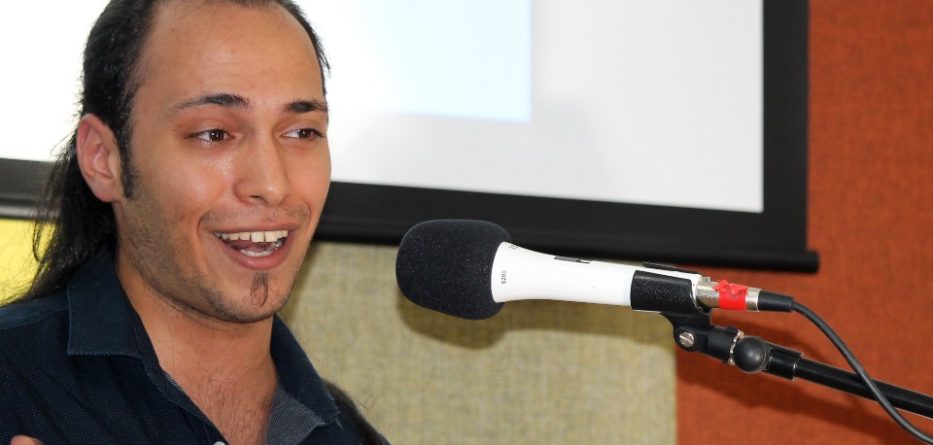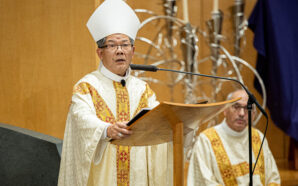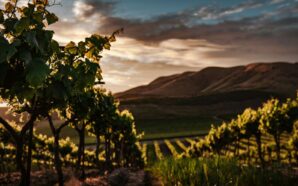Kane arrived in Australia in 2015, having fled the Gulf War in Iraq when he was nine years old, then spending the next ten years moving between Lebanon, Syria and Iraq. His family were finally given a humanitarian visa to live in Australia. Kane, whose studies were continually interrupted as the family were forced to move from country to country now studies Law at Western Sydney University at the same time as helping other refugees and asylum seekers through the Sydney Alliance.
Kane tells his story on the video series My Journey Our Journey now on thewell.org.au
This Refugee Week, Kane reflects on how we, who have freedom, rights and a home, can look at our blessings with new eyes and a sense of purpose and gratitude.
These are three random but connected thoughts I had when I was asked to write a short reflection on being a refugee. I hope I make you think differently about three simple words: dreams, resilience, and privilege.
Related story: Bishop Vincent Long’s story
I want to start by asking: what is your dream? To many of us, the answer involves those wide-eyed aspirations for our future: a luxurious life, a prestigious career, trips to certain places, or a “better-half” worthy of praise and pride.
But that is not the case for most people in the world. A dream to many (6 billion give or take) can be as simple as a bed, a bedroom, drinking water, a safe home, a healthy and united family, or a toy. That is not because these people are simple-minded or unimaginative. But it is because they do not have what we take for granted.
These dreams are not only an indicator of the misfortune people experience in the world but also their resilience. When we experience disadvantages, we grow flexible, adaptable, and grateful for what we have. We learn to be creative with the little we get; like millions of children who play with sticks and rocks in refugee camps across the world. Thus, for resilient people, a dream is always simple. Realising we do not have control or certainty over our life, we always dream of being adaptable to what life throws at us. The Lebanese (and other Arabs) have a saying that comes to mind: A Lebanese is like a cat; however you throw them, they land on their feet.
Please don’t be inspired by my point on resilience though, because focusing on the negative in others’ experiences is demeaning. Instead, think about what it means to you; what will you do to change it.
This brings me to my final thought.
The last thought I want to leave you with is about the opposite: what we have compared to those less fortunate. Having simple things like a home, food, hot and clean water, electricity, internet, education, the right to vote, to express our feelings, sexuality, religion, or identity places us in the top 10% of the world population in terms of (let us call it for now) prosperity. Having this “prosperity” is what we commonly call being “lucky or blessed“, but we always hate saying “privileged“.
To destigmatise this word, I want you to remember none of us chose to be privileged, or for others to be disadvantaged and disenfranchised. For none of us chose their race, place of birth, the religion of their parents or their marital status or many other things. We were simply lucky and blessed.
What we can and should do, however, is (1) be aware of it and acknowledge it; (2) appreciate it and be grateful for it; and (3) use it to uplift and help others. Then we can feel comfortable when someone points out our privileges. We can look at someone overcoming disability or disadvantage and feel proud instead of “inspired“.
Related story: Walking with refugees
Related story: The Diocesan Food Drive: a simple way to support refugees
Related story: Take a refugee’s journey with them. Watch My Journey Our Journey
Find out more about Refugee Week and beyond in the Diocese of Parramatta.








